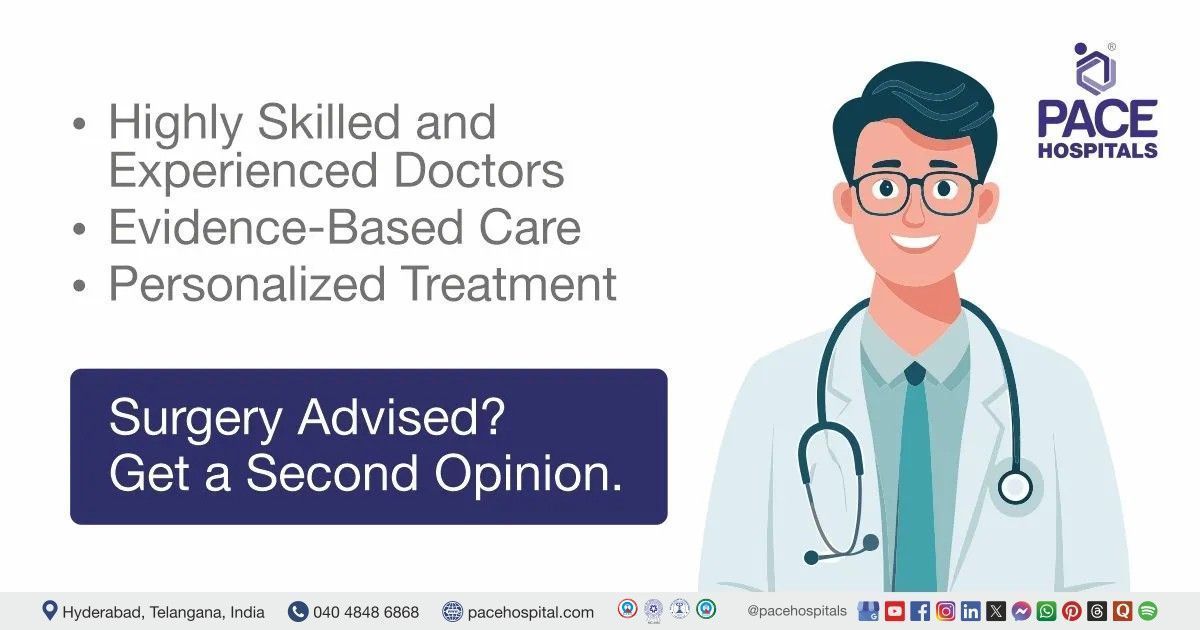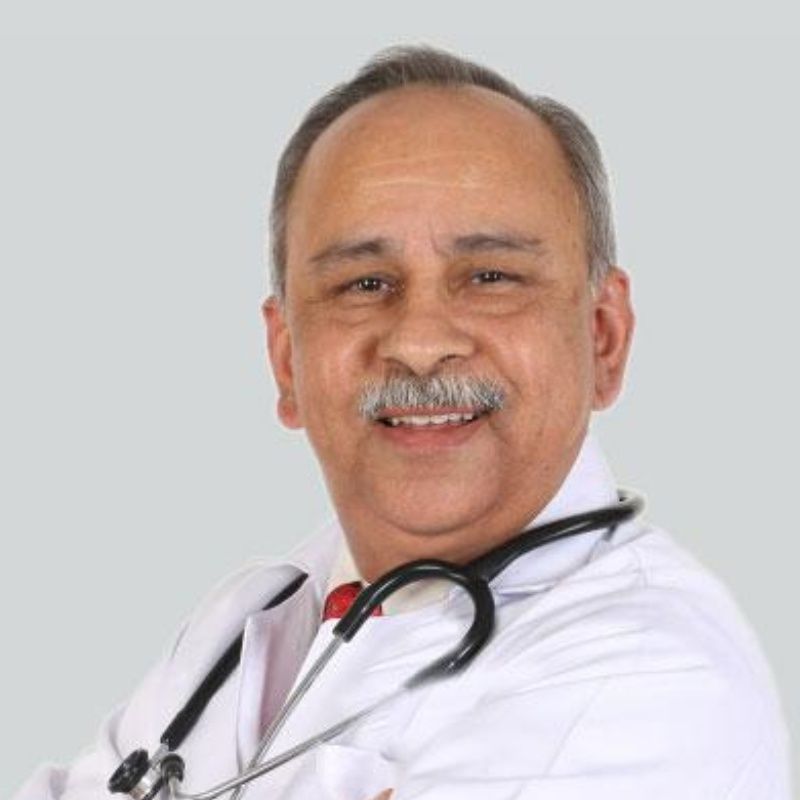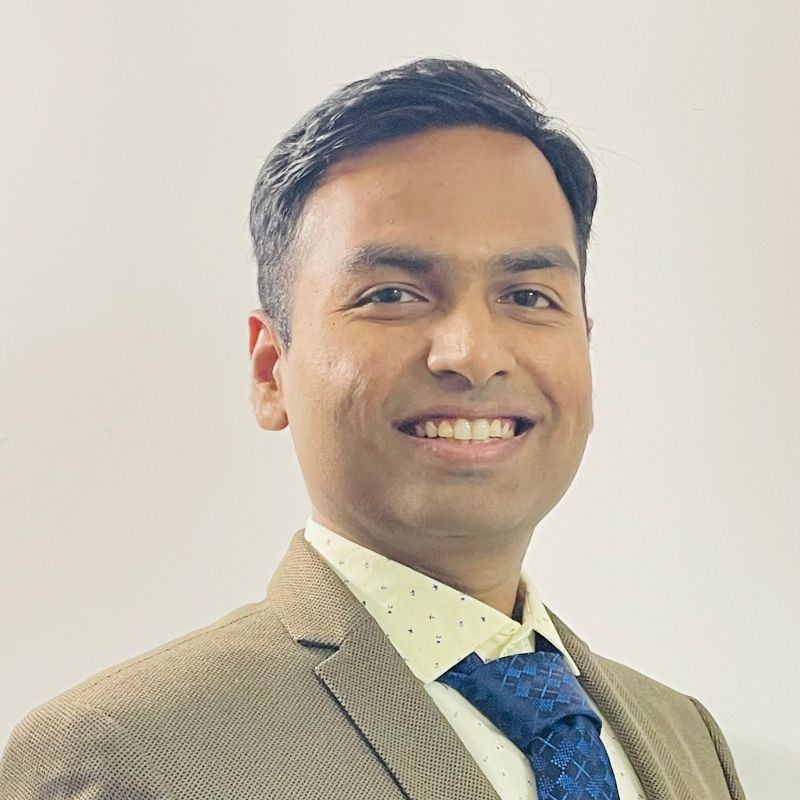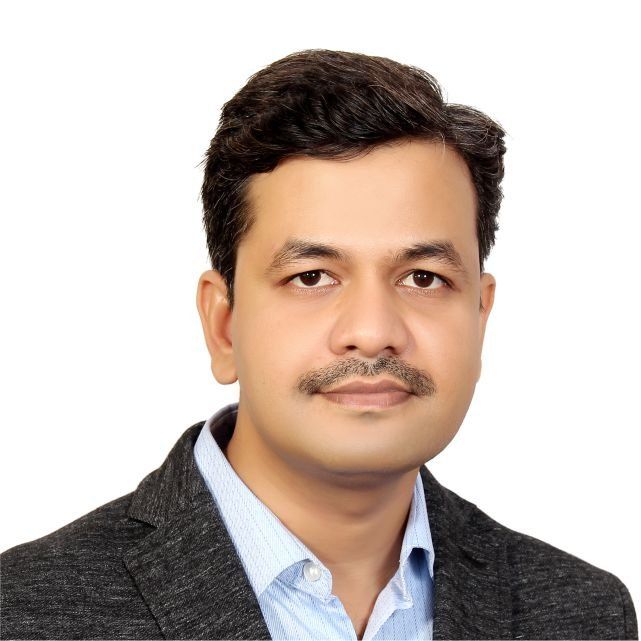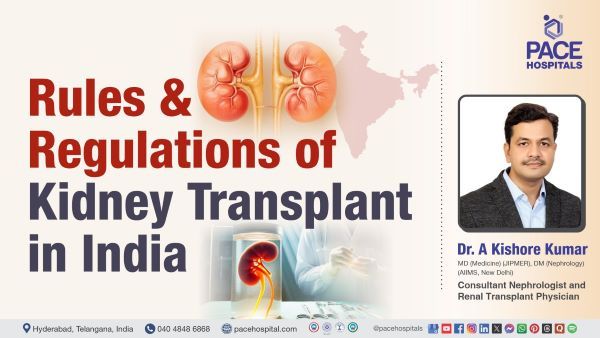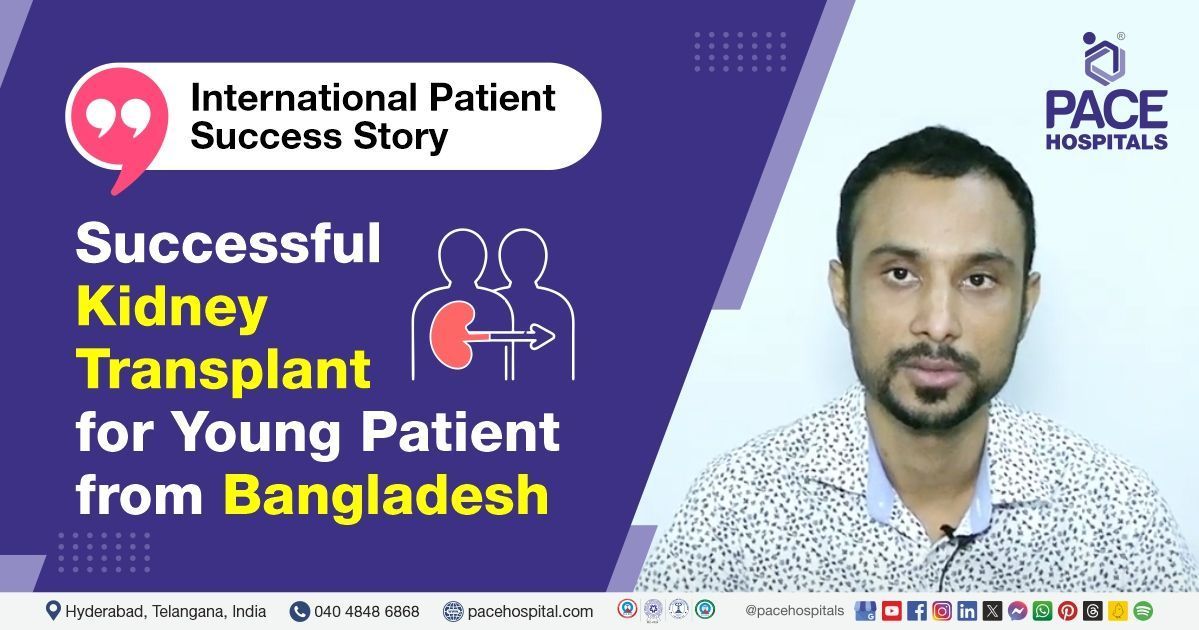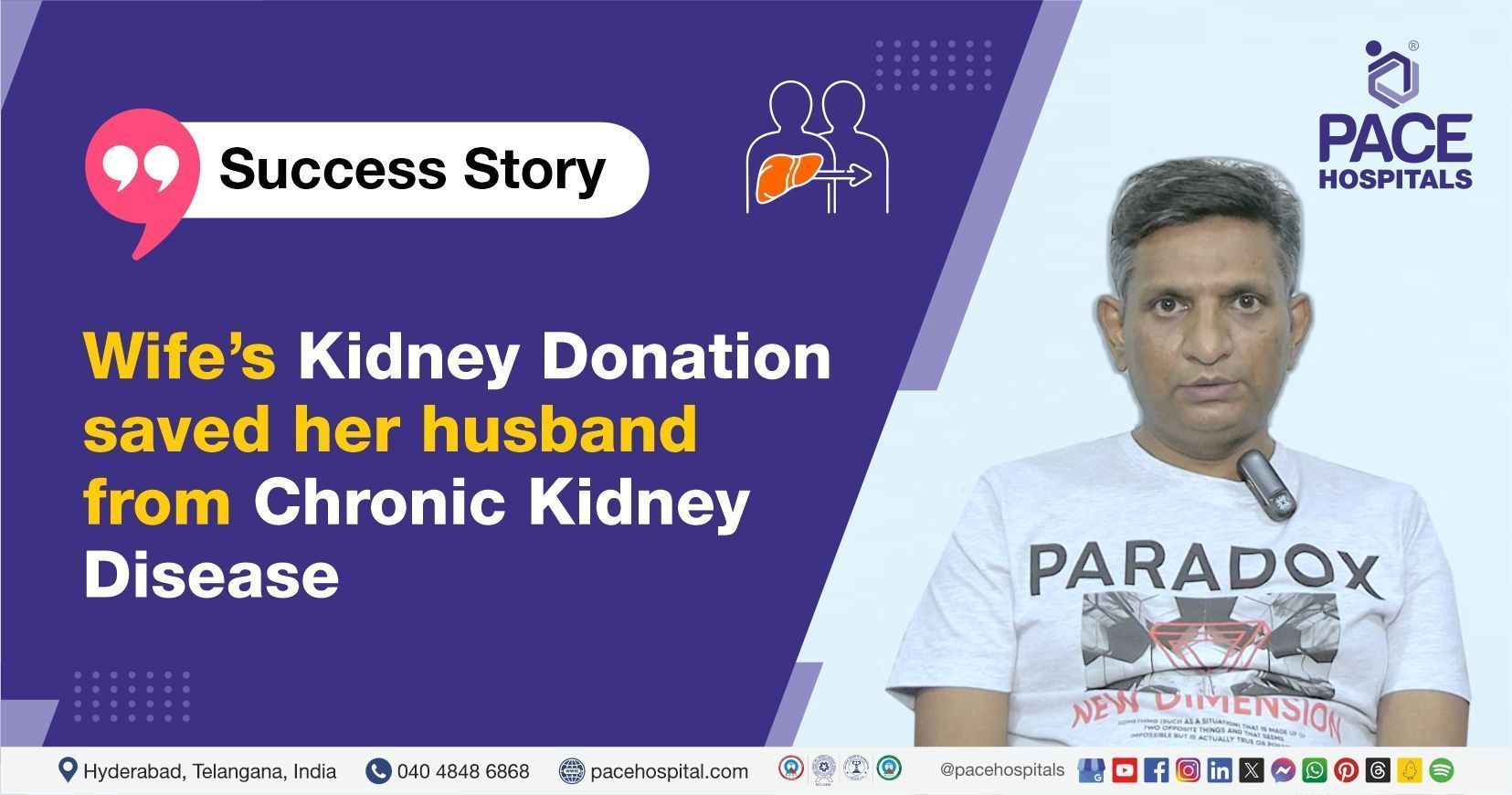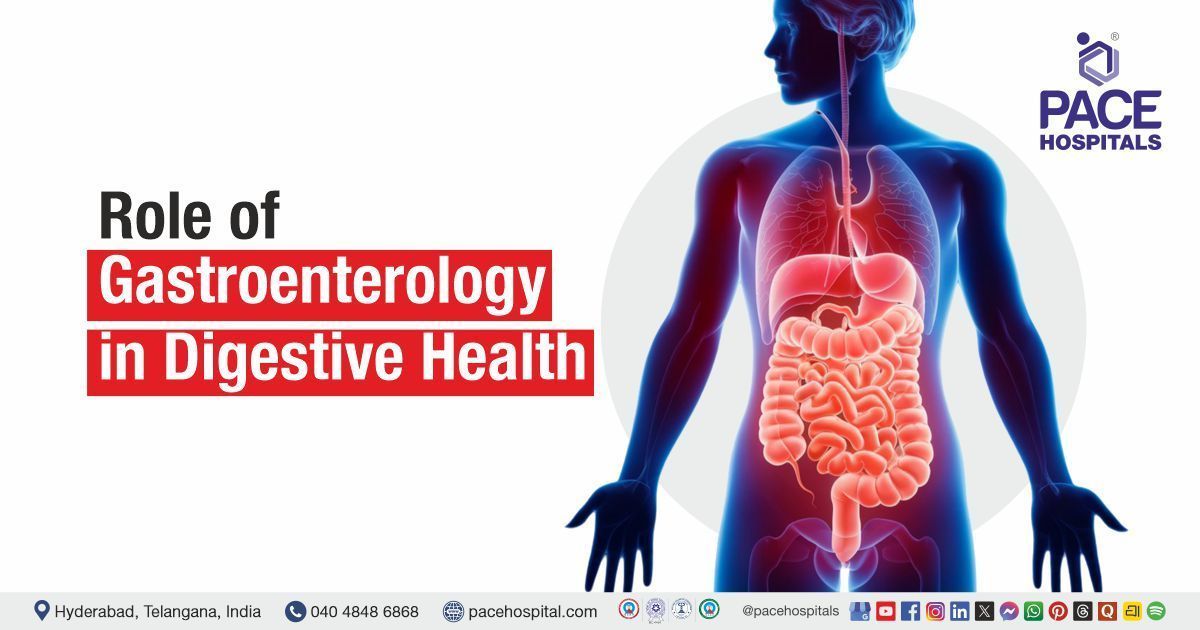Best Kidney Transplant Surgeons in Hyderabad for Safe and Reliable Transplant Care
PACE Hospitals
✅ Recommended by 9,452 Happy Patients. Get hassle-free appointments with kidney transplant specialist.
Dr. Vishwambhar Nath
MBBS, MS (General Surgery), DNB (Urology), M.Ch (Urology)
Experience : 40+ years
Senior Consultant Urologist & Renal Transplant Surgeon
Specialist
Specialist in Minimally Invasive treatments for Kidney Stones, BPH and Bladder Dysfunction, and Urological Cancers with a special interest in Bladder Cancer, Kidney Transplantation, and Laparoscopic and Robotic Urology.
Expertise
Medical and Surgical Treatment for BPH and Bladder Dysfunction, Urological Cancers, Reconstructive and tropical Urology, Minimally Invasive treatments for Kidney Stones, Kidney Transplantation, Evidence-Based Medicine, and Bringing the Art Back Into the Science of Medicine.
Consultation Details
Languages Spoken: English, Hindi
Timing: Mon, Wed, Fri - 11 AM to 1 PM
Location: PACE Hospitals, HITEC City
Dr. Abhik Debnath
MBBS, MS (General Surgery - IMS, BHU), MCh (Urology - CMC Vellore), DNB (Urology)
Experience : 12+ years
Consultant Laparoscopic Urologist, Endourologist, Andrologist & Kidney Transplant Surgeon
Specialist
Specialist in Urological conditions - Kidney stones, Bladder stones, Ureteral stones, Urinary tract infections, Pelviureteric junction obstruction, Chronic kidney disease, Bladder infections, Enlarged prostate, Hydrocele, Overactive Bladder, Interstitial Cystitis, Haematuria, Sexually transmitted infections, Paediatric urological conditions (undescended testicles and bedwetting), Urethral stricture, Urofacial syndrome, Bladder exstrophy, Hydronephrosis, Cancer conditions (bladder cancer, kidney tumour, testicular cancer and prostate cancer), etc.
Expertise
Minimally invasive procedures (endoscopic, laser, laparoscopic and robotic) that includes Renal transplantation and AV fistula creation, Double J stenting, Ureteroscopic lithotripsy (URL), Retrograde intrarenal surgery (RIRS), Percutaneous nephrolithotomy (PCNL), Percutaneous cystolithotomy (PCCL), Cystolitholapaxy, Transurethral resection of the prostate (TURP), Holmium laser prostate surgery (HoLEP), Transurethral resection of bladder tumour (TURBT), Direct vision internal urethrotomy (DVIU), urethroplasty, perineal urethrostomy, etc. In addition, he has special interests in diagnosing and treating overactive or underactive bladder, neurogenic bladder, voiding dysfunction, urological cancers, and urological stones.
Consultation Details
Languages Spoken: English, Hindi, Bengali, Telugu
Timing: Mon to Sat - 9 AM to 6 PM
Location: PACE Hospitals, HITEC City
Dr. K Ravichandra
MBBS, MS (General Surgery), MCh (Urology)
Experience : 11+ years
Consultant Laparoscopic Urologist, Andrologist & Kidney Transplant Surgeon
Specialist
Specialist in Urinary tract infections, Kidney stones, Pelviureteric junction obstruction, Bladder stones, Ureteral stones, Bladder infections, Chronic kidney disease, Enlarged prostate, Overactive Bladder, Hydrocele, Interstitial Cystitis, Sexually transmitted infections, Haematuria, Urethral stricture, Bladder exstrophy, Hydronephrosis, Cancer conditions (bladder cancer, kidney tumour, testicular cancer and prostate cancer), etc.
Expertise
Ureteroscopic Lithoripsy (URSL), Retrograde Intrarenal Surgery (RIRS), Double-J stenting, Percutaneous Nephrolithotomy(PCNL), Percutaneous Cystolithotomy, Cystolitholapaxy, Transurethral Resection of Prostate(TURP), Nephrectomy, Direct Visual Internal Urethrotomy etc.
Consultation Details
Languages Spoken: English, Telugu, Hindi
Timing: Mon to Sat - 10 AM to 6 PM
Location: PACE Hospitals, HITEC City
Dr. A Kishore Kumar
MD (Medicine) (JIPMER), DM (Nephrology) (AIIMS, New Delhi)
Experience : 12+ years
Consultant Nephrologist and Renal Transplant Physician
Specialist
Kidney Transplantation, Glomerular Disease, Chronic Kidney Disease, Acute Kidney Injury, Hemodialysis, Peritoneal Dialysis, Autoimmune Kidney Diseases, Genetic Kidney Diseases, Critical Care Nephrology
Expertise
Permcath Insertions, Kidney Biopsy, Peritoneal Dialysis Catheter Insertion
Consultation Details
Languages Spoken: English, Telugu, Hindi
Timing: Mon to Sat - 10 AM to 6 PM
Location: PACE Hospitals, HITEC City
Best Kidney Transplant Doctor in Hyderabad for Expert Renal Care and Evaluation
PACE Hospitals is recognised for having the Best Kidney Transplant Doctors in Hyderabad, India, offering specialised care for individuals who need thorough evaluation, careful preparation, and long-term support for kidney transplantation. Every transplant case is handled through a coordinated team approach involving Nephrology, Urology, Transplant Surgery, and Transplant Medicine, ensuring that each step is clear and well organised for the patient.
An experienced kidney transplant specialist reviews the patient’s medical history, kidney function, and key tests, including HLA matching and imaging studies. This structured evaluation helps determine readiness for transplantation and allows the team to design a personalised plan for both donor and recipient.
Patients receive ongoing support from the best doctor for kidney transplant, focusing on medical optimisation, infection prevention, medication guidance, and long-term kidney health. A multidisciplinary team, including nephrologists, urologists, dietitians, transplant coordinators, and counsellors, works together to provide complete care before and after the surgery.
PACE Hospitals is also home to the
Best Kidney Transplant Surgeons in Hyderabad, India, who perform the procedure with precision and a strong emphasis on patient safety. With experienced specialists, advanced surgical facilities, and dedicated follow-up care, PACE Hospitals continues to be a trusted centre for successful
kidney transplants and long-term well-being.
Frequently Asked Questions (FAQs) on Kidney Transplant
Is a kidney transplant safe?
A kidney transplant is generally considered safe and is routinely performed worldwide with high success rates. However, like any major surgery, it carries risks such as infection, bleeding, blood clots, and rejection of the transplanted kidney. Long-term use of immunosuppressive drugs can also increase susceptibility to infections. Despite these risks, kidney transplantation offers better survival and quality of life for the patient compared to long-term dialysis. Careful pre-transplant evaluation and regular follow-up with the trusted kidney transplant doctor can help to improve safety and outcomes.
How long does a kidney transplant last?
The lifespan of a transplanted kidney varies depending on factors such as donor type, overall health of the recipient, and medication adherence. On average, a kidney from a living donor lasts 15–20 years, while a kidney from a deceased donor may last 10–15 years. Some transplanted kidneys function for even longer with proper care and regular monitoring. Guidance from the best kidney transplant surgeons, maintaining a healthy lifestyle, following medication schedules, and attending routine check-ups all help prolong the transplant's lifespan.
How long does it take to recover from a kidney transplant?
Most patients stay in the hospital for 5–10 days after the transplant, depending on their condition. Initial recovery usually takes 6–8 weeks, during which patients gradually regain strength and return to daily activities. Full recovery and stabilisation of kidney function may take a few months, especially while immunosuppressive medications are being adjusted.
What is the life expectancy of a kidney transplant patient?
Life expectancy after a kidney transplant varies based on age, health, donor type, and medication adherence. Many patients live 15–20 years or longer with proper care. Living donor kidneys commonly last longer than deceased donor kidneys. Regular check-ups, healthy lifestyle practices, and strict medication adherence all promote long-term survival. Early detection of complications, as well as instruction from the experienced kidney transplant doctors, helps to improve life expectancy.
Can a kidney transplant be done at any stage of kidney failure?
A kidney transplant is usually recommended for patients with end-stage kidney disease (when kidney function drops below 10–15%). It can also be done pre-emptively, before starting dialysis, for better outcomes. Transplants are not performed in early or moderate stages of kidney disease, which are managed with medications. Timing depends on the patient's health and the specialist's evaluation.
Who is the best kidney transplant doctor in Hyderabad?
At PACE Hospitals, the Kidney Transplant Program is led by some of the best kidney transplant doctor in Hyderabad, India, including Dr. Vishwambhar Nath, Dr. K Ravichandra, Dr. Abhik Debnath and Dr. A Kishore Kumar, who are highly experienced transplant surgeons who specialise in managing complex kidney failure cases. Our team is highly skilled in performing advanced transplant procedures, and they focus on delivering ethical, evidence-based, and patient-centric care, ensuring comprehensive support from pre-transplant evaluation to long-term post-transplant management.
What is a kidney transplant?
A kidney transplant is a surgical procedure in which a healthy kidney from a living or deceased donor is transplanted into a patient whose kidneys have failed. The healthy donor kidney filters blood and removes waste products from the body. It is considered the most effective long-term treatment for end-stage kidney disease (ESKD) compared to dialysis. A kidney transplant can significantly improve quality of life, energy levels, and overall health. Evaluation by a top kidney transplant surgeon helps determine eligibility and the best treatment approach.
How to avoid infection after a kidney transplant?
After a kidney transplant, patients take immunosuppressive medications that reduce the body’s ability to fight infections, making infection prevention very important. To stay safe, patients should wash their hands frequently, avoid crowded places, eat only well-cooked food, keep their surroundings clean, take their medicines exactly as prescribed, and vaccinations recommended by the kidney transplant doctor also help prevent infections.
Who is eligible for a kidney transplant?
A person is generally eligible for a kidney transplant if they have end-stage kidney disease or severely reduced kidney function that cannot be managed with standard medical treatment. Candidates must be healthy enough to undergo major surgery and able to take immunosuppressive medications long-term. People with uncontrolled infections, active cancer, or severe heart disease may not be suitable candidates until these issues are managed. An
experienced kidney transplant specialist determines eligibility after a comprehensive evaluation.
What are the benefits of a kidney transplant compared to dialysis?
A kidney transplant offers several advantages over dialysis, including:
- Better long-term survival compared to staying on dialysis.
- Improved quality of life with more energy and strength.
- Fewer diet and fluid restrictions, making daily life easier.
- More freedom and flexibility without regular dialysis sessions.
- Continuous, natural filtering of blood by the transplanted kidney.
- Better control of blood pressure and improved heart health.
- Reduced anaemia and improvements in overall well-being.
What are the different types of kidney transplants?
There are mainly two types of kidney transplants:
- Living donor transplant: A healthy kidney is donated by a relative, friend, or voluntary donor. These kidneys often function longer and typically start working immediately after surgery.
- Deceased donor transplant: The kidney comes from a donor who has passed away, and it may take a little time for the kidney to begin functioning.
Each type can differ in donor availability, recovery, and long-term outcomes. For proper evaluation and treatment planning, consult the
best doctor for kidney transplant in Hyderabad, India, at PACE Hospitals.
Will I need dialysis after the transplant?
Most of the patients do not require dialysis after a successful kidney transplant, as the new kidney begins to work soon after surgery. However, some patients may need temporary dialysis if the transplanted kidney takes time to function, especially with deceased donor kidneys. Long-term dialysis is rarely needed unless the transplanted kidney fails.
Is kidney disease more prevalent in people with specific medical conditions?
Yes. Certain conditions make kidney disease more likely, especially diabetes and high blood pressure. Other risks include polycystic kidney disease, autoimmune disorders, recurrent infections, obesity, heart disease, and family history. People with these conditions should get regular kidney function tests for early detection, especially if they are considering the best kidney transplant in Hyderabad.
What does each stage of kidney disease mean in terms of kidney function?
Kidney disease is classified into five stages depending on the glomerular filtration rate (eGFR), which measures how well the kidneys filter waste:
- Stage 1: eGFR ≥ 90 — Kidney damage is present, but function is still normal.
- Stage 2: eGFR 60–89 — Mild loss of kidney function; often no symptoms.
- Stage 3a: eGFR 45–59 — Mild to moderate loss of function.
- Stage 3b: eGFR 30–44 — Moderate to severe loss; symptoms like fatigue may appear.
- Stage 4: eGFR 15–29 — Severe loss; preparation for dialysis or transplant usually begins.
- Stage 5: eGFR < 15 — End-stage kidney disease; dialysis or transplant is needed to sustain life.
Early intervention helps to slow progression and improve outcomes. At advanced stages, consulting the
best kidney transplant surgeons in Hyderabad can help patients understand when to prepare for dialysis or transplant.
What tests are done before doing a kidney transplantation?
Before a kidney transplant, the required tests usually include blood tests, blood typing, crossmatch testing, HLA typing, kidney function tests, liver function tests, chest X-ray, abdominal ultrasound, CT scan if needed, ECG, echocardiogram, stress test, infection screening for HIV, hepatitis, TB and CMV, urine tests, and routine cancer screenings such as colonoscopy, mammogram, Pap smear, or prostate evaluation. These assessments help ensure the patient is medically fit for surgery, and they are coordinated by the top kidney transplant doctor in Hyderabad to ensure safe and successful transplant planning.
Who can donate a kidney?
A kidney can be donated by a living donor or a deceased donor.
- Living donors are usually healthy adults who have two functioning kidneys and can safely live with one; they are often close relatives, spouses, or friends, but unrelated voluntary donors can also donate after medical and psychological evaluation.
- Deceased donors are individuals who have registered for organ donation or whose families consent to donation after brain death or cardiac death.
In all cases, the donor must have good overall health, normal kidney function, and no conditions that could harm the recipient or themselves.
Which doctor should be consulted for kidney transplantation?
For a kidney transplant, you should consult a nephrologist first, as they evaluate kidney function, determine the stage of
kidney failure, and decide when a transplant is needed. A renal transplant surgeon is then involved to perform the transplant surgery. In most cases, a kidney transplant is managed by a multidisciplinary team that generally includes nephrologists, transplant surgeons, urologists, immunologists, and other specialists who guide the patient through evaluation, surgery, and post-transplant care.
What our patients have to say
Experts Perspective
Related Articles
Why choose PACE Hospitals?
- A Multi-Super Speciality Hospital.
- NABH, NABL, NBE & NABH - Nursing Excellence accreditation.
- State-of-the-art Liver and Kidney transplant centre.
- Empanelled with all TPAs for smooth cashless benefits.
- Centralized HIMS (Hospital Information System).
- Computerized health records available via website.
- Minimum waiting time for Inpatient and Outpatient.
- Round-the-clock guidance from highly qualified super specialist doctors, surgeons and physicians.
- Standardization of ethical medical care.
- 24X7 Outpatient & Inpatient Pharmacy Services.
- State-of-the-art operation theaters.
- Intensive Care Units (Surgical and Medical) with ISO-9001 accreditation.
Share on
Request an appointment
Fill in the appointment form or call us instantly to book a confirmed appointment with our super specialist at 04048486868

